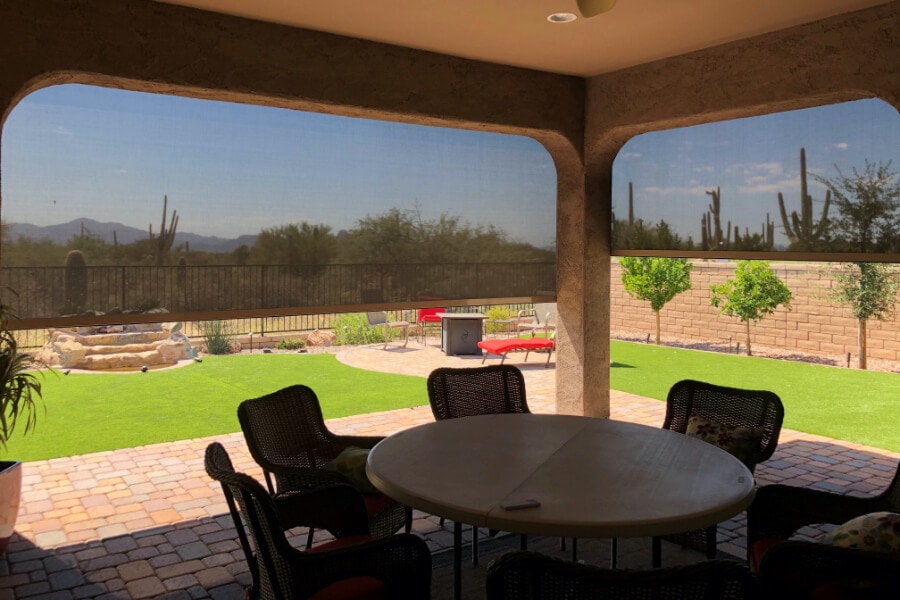When it comes to home renovations and upgrades, one of the questions many homeowners in Arizona grapple with is whether their investment in window treatments is considered a capital improvement. Understanding the classification of such upgrades can have implications for tax and property value assessments. In this blog post, we’ll explore the classification of window treatments, such as those offered by Tucson Rolling Shutters & Screens, within the realm of capital improvements.
Defining Capital Improvements
Capital improvements are defined as substantial and permanent additions or alterations to a property that enhance its value, prolong its life, or adapt it for new uses. These improvements go beyond simple repairs or maintenance. Typically, capital improvements can have tax implications, potentially affecting the property’s tax basis and the owner’s tax liability when selling the property.
Window Treatments and Capital Improvement Status
Window treatments, including rolling shutters, window shades, and solar screens, can often be categorized as capital improvements, especially when they meet certain criteria:
Permanence
If the window treatment is a permanent fixture of the home, meaning it cannot be removed easily without causing damage to the property, it is more likely to be considered a capital improvement.
Value Enhancement
Window treatments that notably increase the value of the property or significantly extend its life may be considered capital improvements. For example, high-quality rolling shutters or solar screens from Tucson Rolling Shutters & Screens can increase energy efficiency, enhance privacy, and improve the aesthetic appeal of the home.
Adaptation
If the window treatment adapts the property for a new or different use, it may also be classified as a capital improvement. For instance, installing blackout shades in a room to create a home theater setup could be viewed as an adaptation. Additionally, using solar screens to create additional usable space for your outdoor area can also be viewed as an adaptation.
Tax Implications
The classification of window treatments as capital improvements can have tax benefits. Homeowners may be able to include the cost of these improvements in their property’s tax basis. This inclusion can reduce the amount of capital gains tax owed when selling the property, as it may lower the calculated gain on the sale. Make sure to discuss your home additions with a tax professional to learn if your investments have any tax implications.
Tucson Rolling Shutters & Screens’ Products
At Tucson Rolling Shutters & Screens, our range of products is designed to offer lasting value and functionality. Our rolling shutters, window shades, and solar screens are not only aesthetically pleasing but also contribute to the home’s energy efficiency and comfort. When considering such upgrades, it’s worth evaluating them in the context of capital improvements for their potential long-term benefits.
For Window Treatments in Tucson & Phoenix, Trust Tucson Rolling Shutters & Screens
While window treatments can often be considered capital improvements, the final determination depends on specific circumstances and local tax laws. Homeowners should consult with a tax professional to understand how their investment in window treatments from Tucson Rolling Shutters & Screens impacts their financial situation. Regardless, investing in high-quality window treatments is a decision that can offer both immediate enjoyment and potential long-term benefits. For window treatments in Tucson and the surrounding areas, contact Tucson Rolling Shutters & Screens today for a free estimate.






